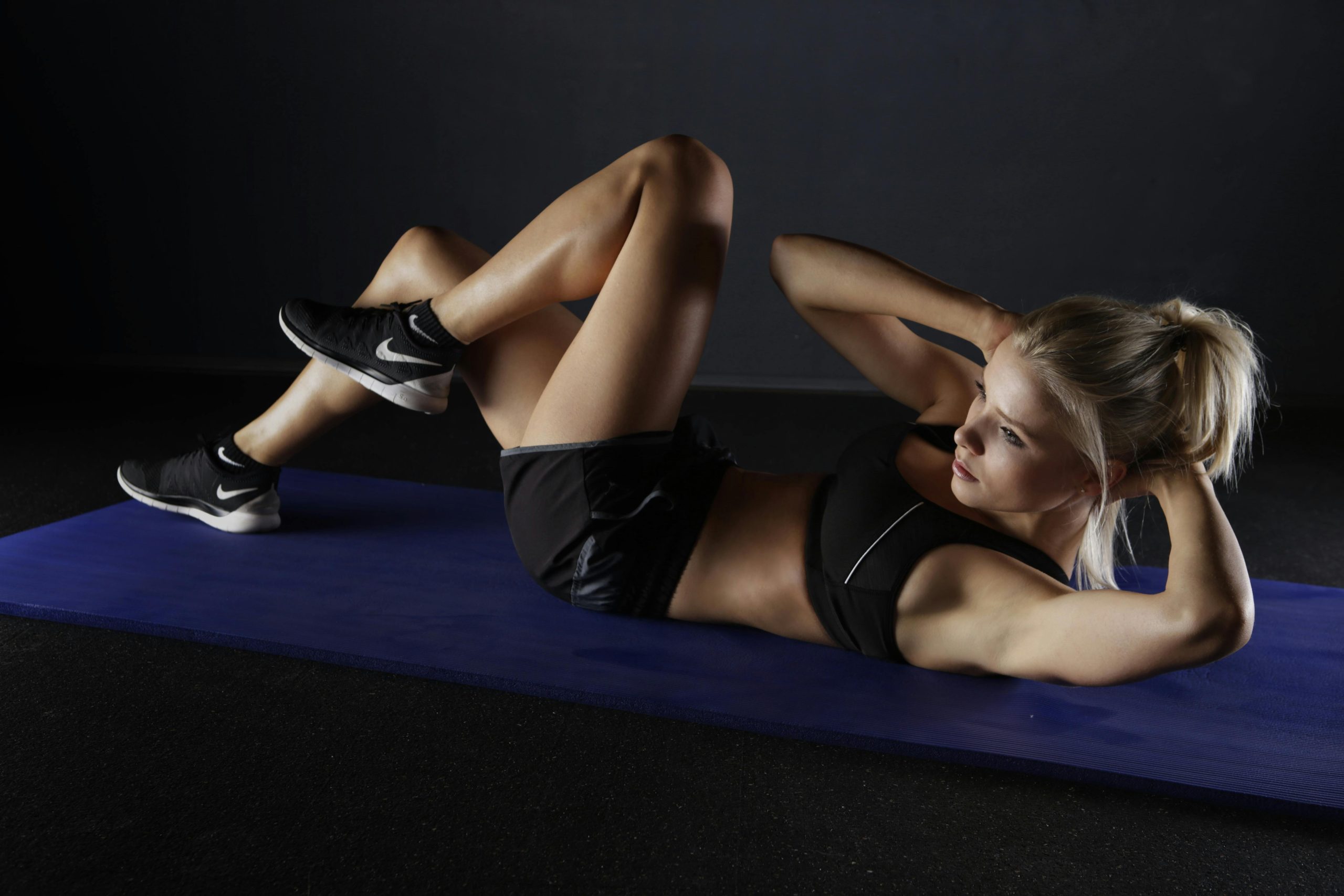
How to Warm Up Your Body Before a Gym Session

Why Is Warming Up Your Body Important?
An effective warm-up increases body temperature, improves blood circulation to the muscles, and activates the nervous system. This results in better muscle performance and reduces the risk of injury. Warming up also prepares you mentally for the physical activity ahead.

Basic Principles of Warming Up Your Body
A good warm-up should include both general and specific exercises. General exercises increase overall body temperature, while specific exercises focus on the muscles and movements that will be used during the workout.
Step 1: General Warm-Up
The general warm-up should consist of low-intensity cardiovascular activities that increase heart rate and body temperature. This can include:
- Walking or jogging on a treadmill (5-10 minutes)
- Jump rope (5 minutes)
- Cycling on a stationary bike (5-10 minutes)

Step 2: Dynamic Stretching
Dynamic stretching involves controlled movements through the full range of motion to prepare muscles and joints. Some examples are:
- Leg swings forward and backward
- Arm circles
- Lunges with a twist
Step 3: Specific Warm-Up
The specific warm-up should target the muscles and movements that will be used during the workout. If you are, for example, going to lift weights, this can include:
- Light sets of the exercise you will perform (e.g., light squats if you will train legs)
- Mobility exercises for the specific joints to be used

Suggested Warm-Up Routine
Here is an example of a complete warm-up routine that can be adjusted to your specific needs:
- 5 minutes light jogging on the treadmill
- 2 minutes jump rope
- 10 leg swings per leg
- 10 arm circles per arm
- 10 lunges with a twist
- 2 sets of 10 light squats
Common Mistakes to Avoid
There are a few common mistakes that many people make when warming up:
- Skipping the warm-up: Starting a workout without warming up can lead to injuries and decreased performance.
- Too short warm-up: A too short warm-up does not give enough time for the body to prepare.
- Too intense warm-up: A too intense warm-up can tire out the muscles before the main workout.
FAQ
How long should a warm-up take?
An effective warm-up should take between 10 and 20 minutes, depending on the intensity and type of workout to be performed.
Can I warm up with static stretching?
Static stretching should be avoided as a warm-up because it can temporarily reduce muscle strength. Dynamic stretching is preferred.
What should I do if I feel pain during the warm-up?
If you experience pain during the warm-up, you should stop and consult a trainer or physiotherapist to avoid injury.
Summary
Properly warming up before a gym session is an important part of training that should not be underestimated. By following a structured warm-up routine, you can improve your performance, reduce the risk of injury, and ensure that you are mentally and physically prepared for the workout. Remember to adjust the warm-up to your specific training plan and listen to your body for the best results.





